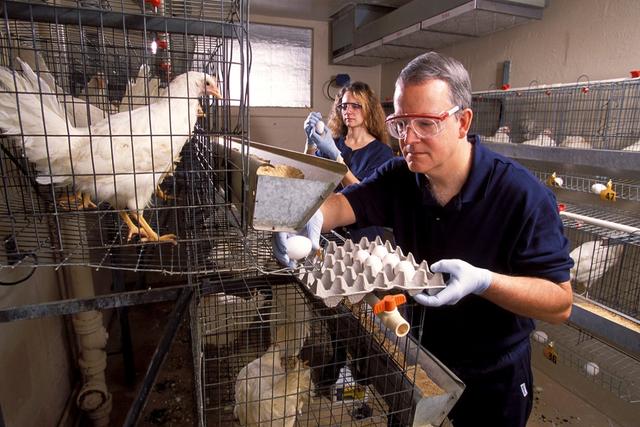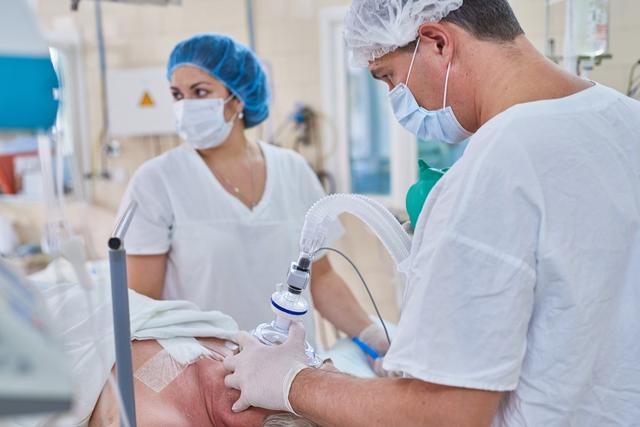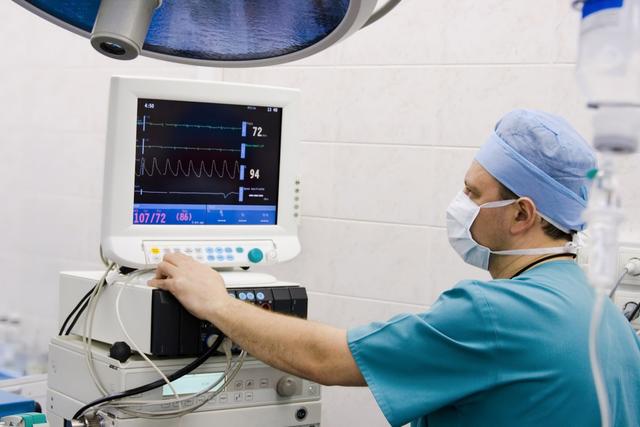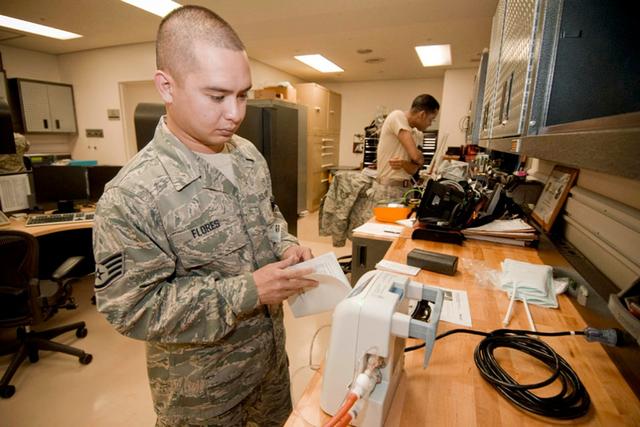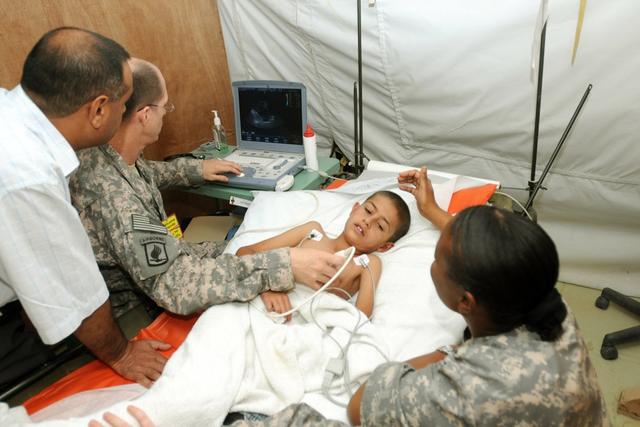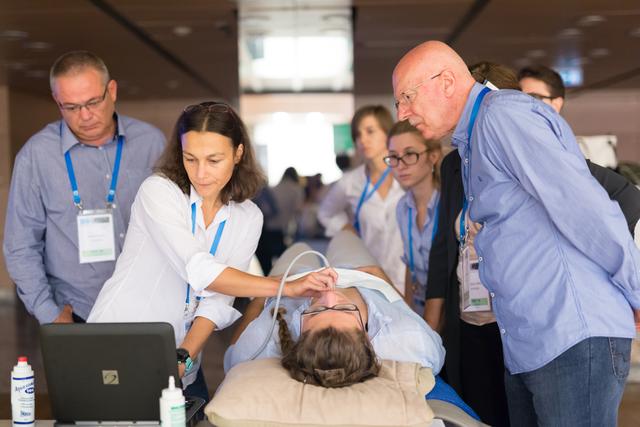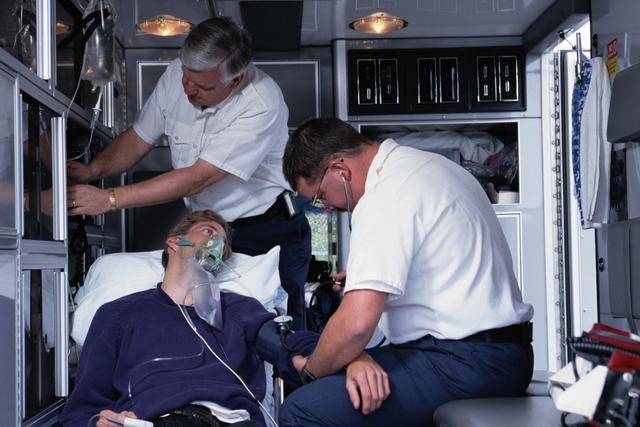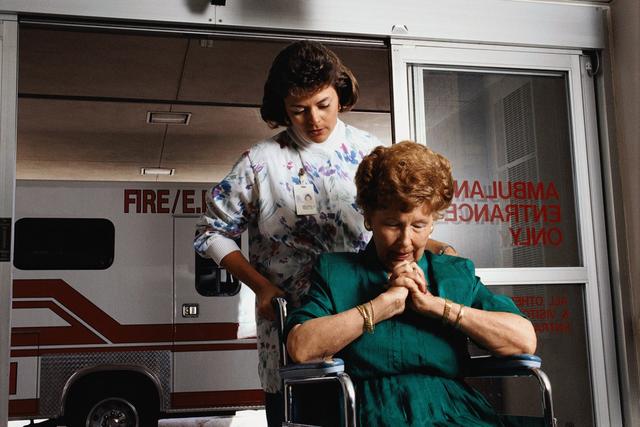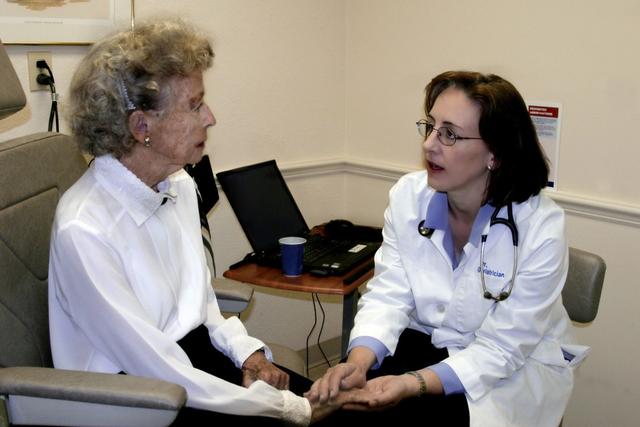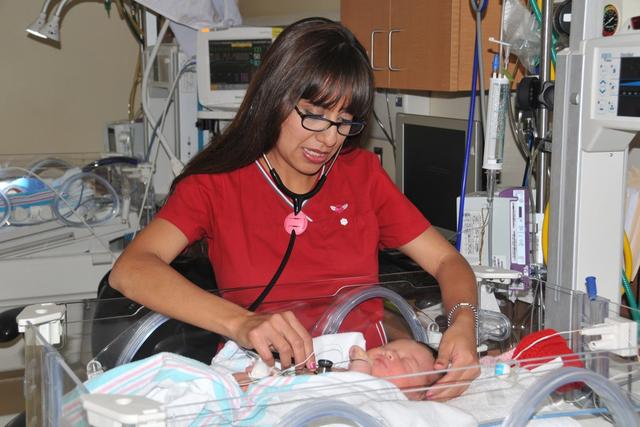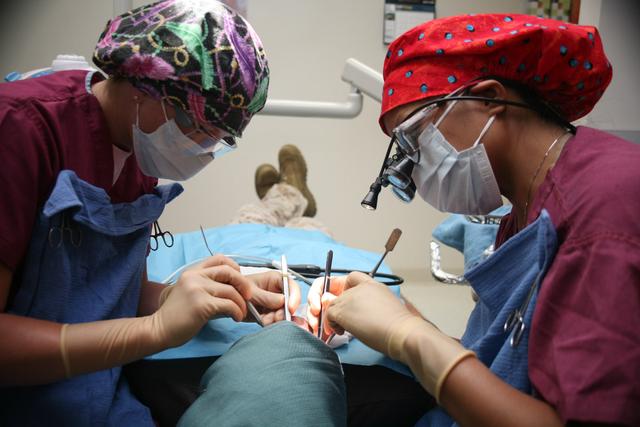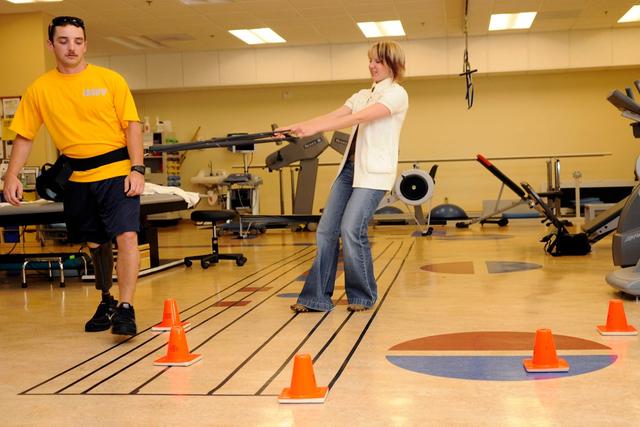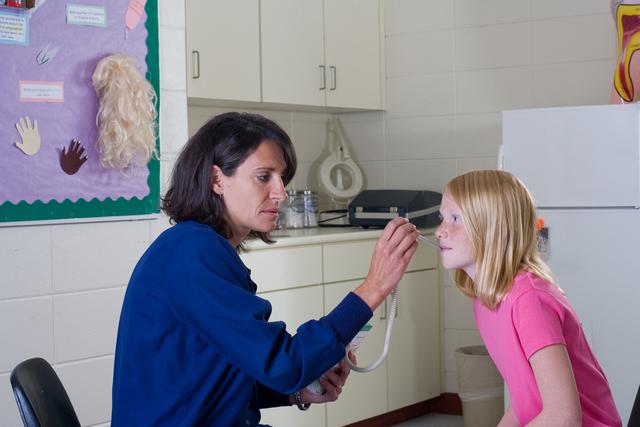Advanced Practice Nurses
Overview

Introduction
Advanced practice nurses (APNs) are a broad category of registered nurses (RNs) who have completed advanced clinical nurse educational practice requirements beyond the two to four years of basic nursing education required for all RNs. Four categories of nursing specialties fall under the advanced practice nursing designation: clinical nurse specialists (CNSs), nurse practitioners (NPs), nurse-midwives (NMs), and nurse anesthetists (NAs). According to the Bureau of Labor Statistics, more t...
Quick Facts
Median Salary
Employment Prospects
Minimum Education Level
Experience
Skills
Personality Traits
Earnings
According to the U.S. Department of Labor, nurse anesthetists, nurse midwives, and nurse practitioners earned a median annual salary of $129,480 in May 2023. The lowest 10 percent of nurses in these professions earned less than $95,530, while the highest 10 percent earned more than $211,820.
Nurses employed in private clinics or government facilities, as well as those employed in hospita...
Work Environment
Most hospital environments are clean and well-lit, but some hospitals may be in less-than-desirable locations, and safety can be an issue. Nurses usually work full-time. In physicians offices, they work regular business hours. Healthcare facilities require routine patient care, so nurses employed in them might work in shifts, including nights, weekends, and holidays.
Nurses spend much of...
Outlook
The U.S. Department of Labor predicts shortages of advanced practice nurses will continue over the next several years. APNs with the proper credentials and certification should be able to find posts in various healthcare facilities. The Department of Labor predicts much faster than average growth from 2022 to 2032 for nurse anesthetists, nurse midwives, and nurse practitioners (38%) and faster ...
